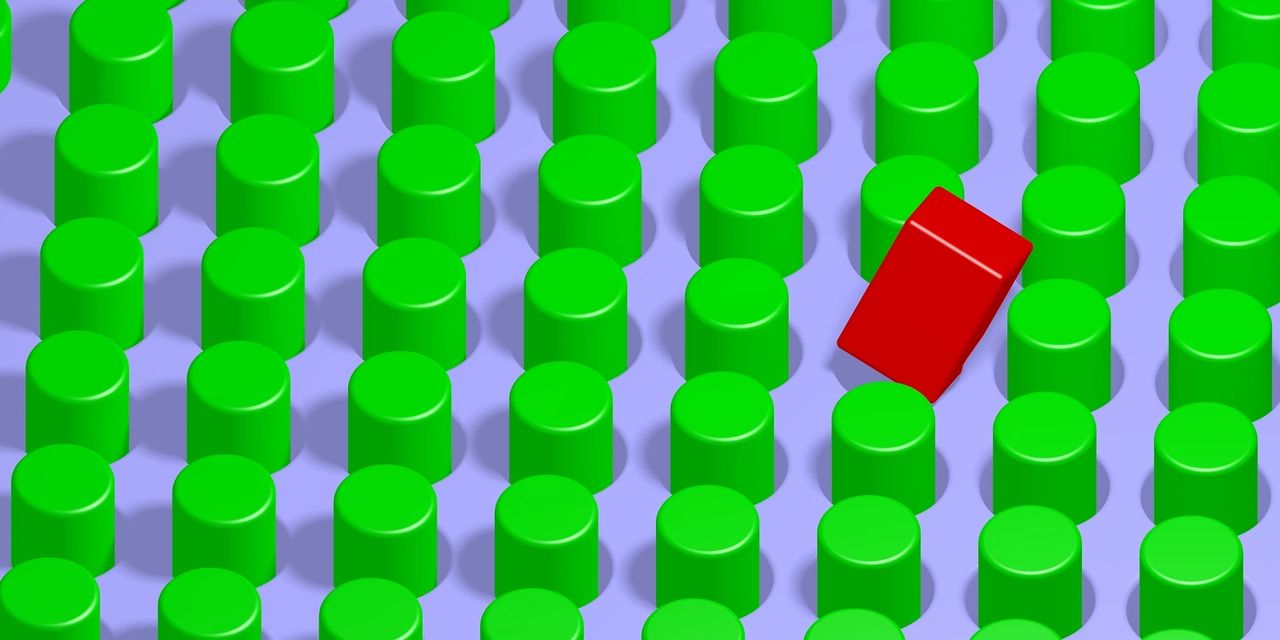Full disclosure: I am an out and proud extrovert. As much as I love to cuddle up away from the world (with a good book and hot coffee), I desperately need people. When taken away (say, for example, when a global pandemic hits), I suffer. A lot.
First off, let us talk about the misconceptions around introverts and extroverts. Introverts aren’t just quiet, and extroverts aren’t only outgoing – some of the most introverted folks are the life of a party, and extroverts the lowest key people you know (my chattiest friend is an introvert, while my quiet younger brother is an extrovert, the first to accompany me to an awkward social event).
Instead, extroverts and introverts are best categorized on how we gain energy – extroverts are activated by other people, while introverts are drained and recharge with alone time.
My husband is extremely introverted. A work-from-home environment for him is great – he can control his interactions and he is more productive than ever. Other introverts are finding similar success – as one new dad coworker explained, “I’m living my best life.”
While I am no stranger to discussing my covid struggles, I noticed something recently. A collective annoyance in both my household and the general community (to be fair, in Ontario, we are fully ensconced in a third wave and full lockdown, while the rest of the world is emerging nicely).
We are crankier, irritated, and generally not cool. My husband, lacking solitude from the constant chatter from me and the kids, is definitely not living his best life right now.
Regardless of whether we are extroverted or introverted, We. Are. Over. It.
Which leads me to the question: Who is coping better in the pandemic? Introverts or Extroverts?
When it comes to working from home and/or staying put, introverts had the clear early advantage. Cancelled social events became a welcome refuge, their homes a haven from the sensory overload of the outside world. Initially, and not at all surprisingly, introverts coped better than their extroverted loved ones.
Alternatively, extroverts, challenged with cancelled plans and (for many) relegated to the isolation of working from home, dearly missed the buzz of the outside world.
As the pandemic progressed, an interesting situation emerged. Introverts were reportedly coping worse than extroverts. A US-based study on mental health polled both personality types and found that “those who were more introverted tended to report heightened depressive symptoms and anxiety following the implementation of COVID-19 social distancing and lockdown measures compared to those who were less introverted.
Among residents of the United States, higher introversion also predicted higher levels of loneliness.” (Source). Extroverts, at least in theory, recognizing their need to socialize, have turned to Zoom calls and social distanced visits to help stave off loneliness, a strategy that introverts may not have as readily pursued.
However, nothing is ever simple or straightforward. A Swiss-based study found that introverts that were able to use their own mental coping abilities fared better than extroverts.
That may be true of either personality type though – those who could draw on their internal strengths (self-care, etc.), generally handled the challenges better than the rest of us.
For my part, I understand my limitations and try to get out of the house when I can. I count my daily interactions – hello to our friendly mail carrier, a nod to my neighbours, and a friendly chat to the grocery store worker. Heck, I even forced a telemarketer to stay and chat a little yesterday – every little bit helps.
So, whether introverted or extroverted, this time is not easy, and we all need a little understanding right now.


